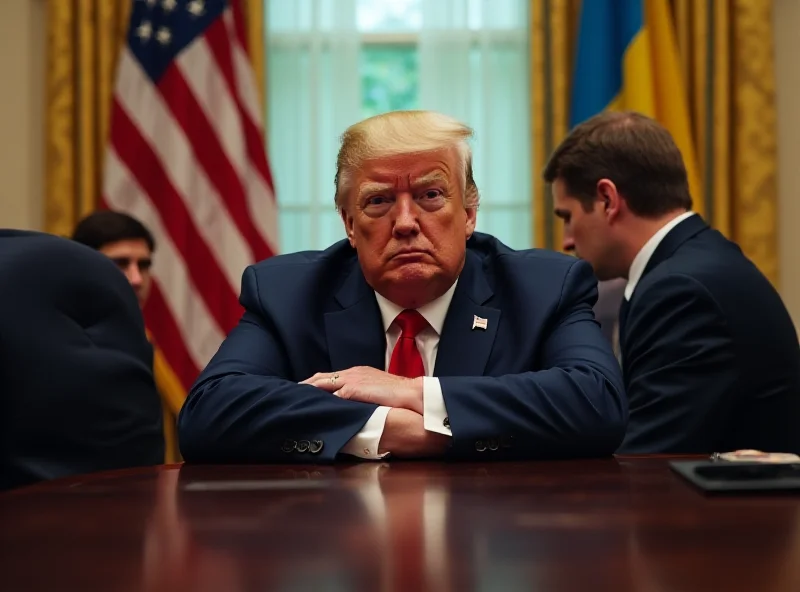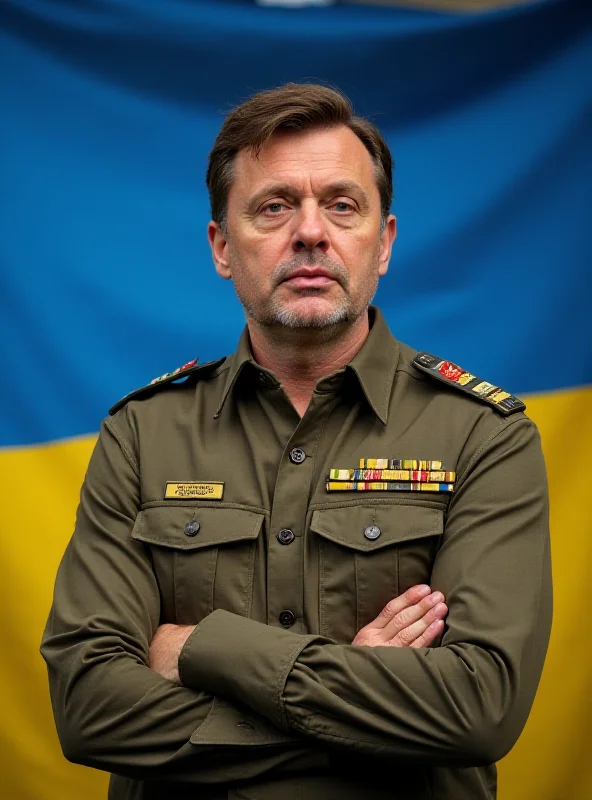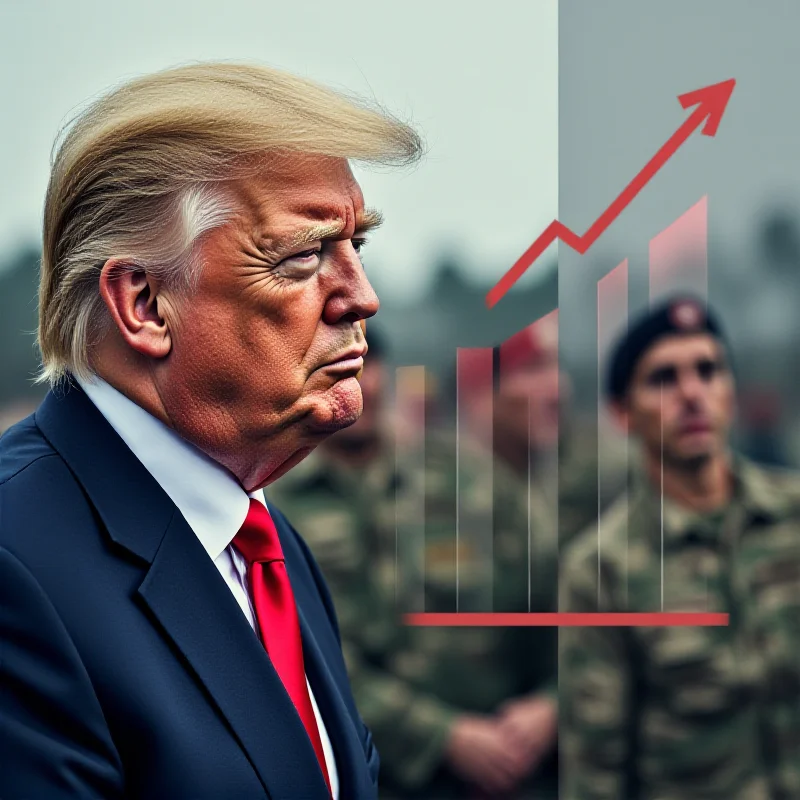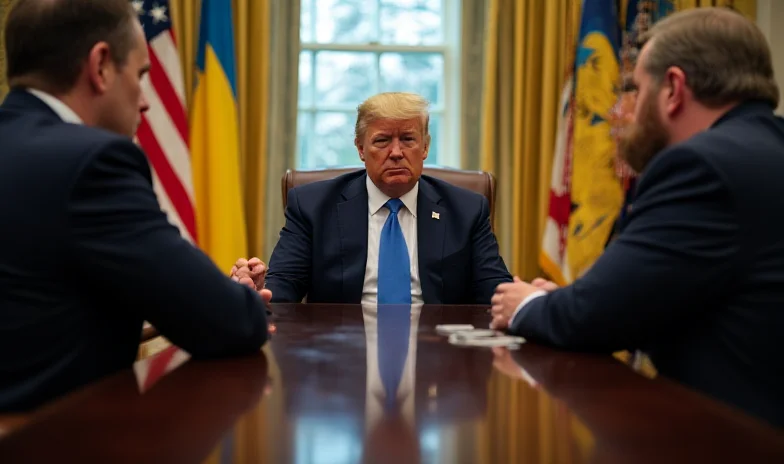A recent peace meeting at the White House between former US President Donald Trump and Ukrainian President Volodymyr Zelensky has devolved into chaos, sending shockwaves around the world. The fallout has ignited a global debate, raising questions about international support and the future of peace negotiations.

The Trump administration's efforts to broker a peace negotiation to end the war in Ukraine have come to an abrupt halt. During what was supposed to be a landmark meeting, tensions flared, leading to what many are calling a "showdown" between the two leaders. The details of the dispute remain largely confidential, but the impact is undeniable.
Zelensky Responds, Ukraine Assured
In the wake of the White House confrontation, President Zelensky has issued a powerful message to the people of Ukraine, reassuring them that they are "not alone." This statement comes as a direct response to the events in Washington, D.C., and aims to bolster morale and reaffirm international solidarity with Ukraine.
“We will stand strong,” Zelensky stated, “because we know we have the support of the world.”

Defense Spending in the Spotlight
Amidst the international turmoil, discussions about defense spending are gaining traction. British Prime Minister has outlined plans to increase defense spending to 2.5% of national income by 2027. This move comes as a response to the evolving geopolitical landscape and the need to ensure national security.
James Landale questions whether such measures will be enough to win over Trump's supporters, highlighting the complex interplay between domestic and foreign policy.

A Divided World?
The events at the White House have not only impacted diplomatic relations but have also revealed a growing divide in public opinion. A recent poll asks whether people back Trump or Zelensky after the White House row, demonstrating the polarizing nature of the situation. The world watches with bated breath as the situation unfolds, uncertain of what the future holds.
The breakdown in peace negotiations serves as a stark reminder of the challenges facing global diplomacy. The question remains: Can a path to peace be forged amidst such division and discord?
